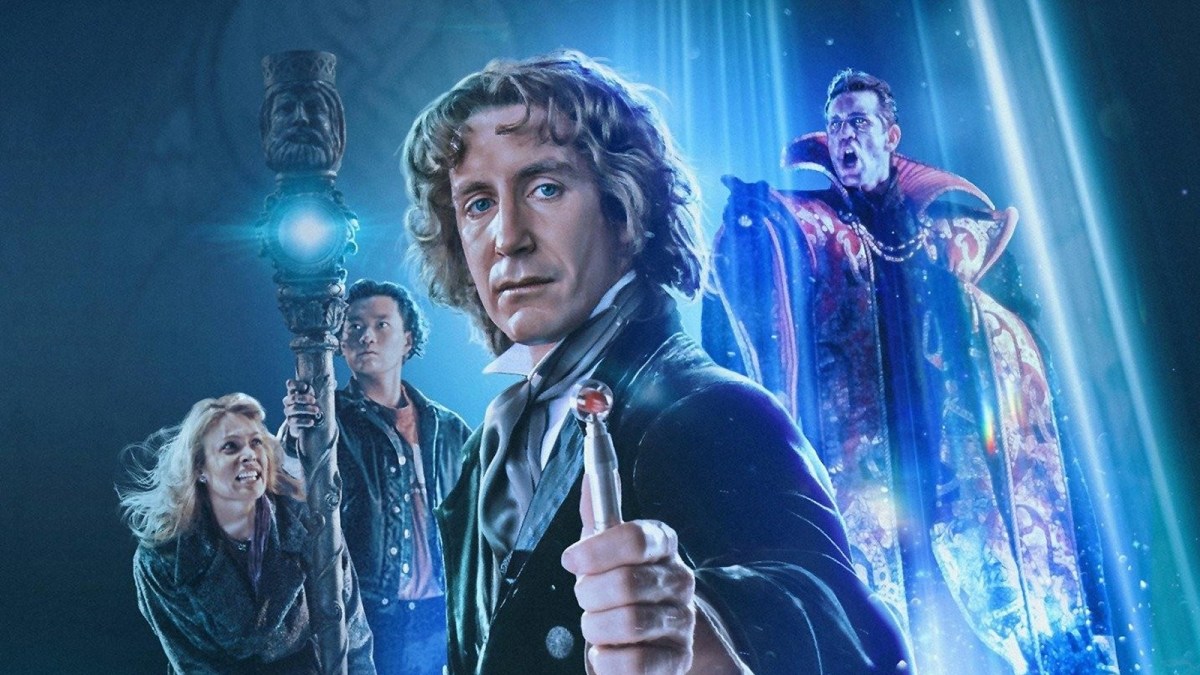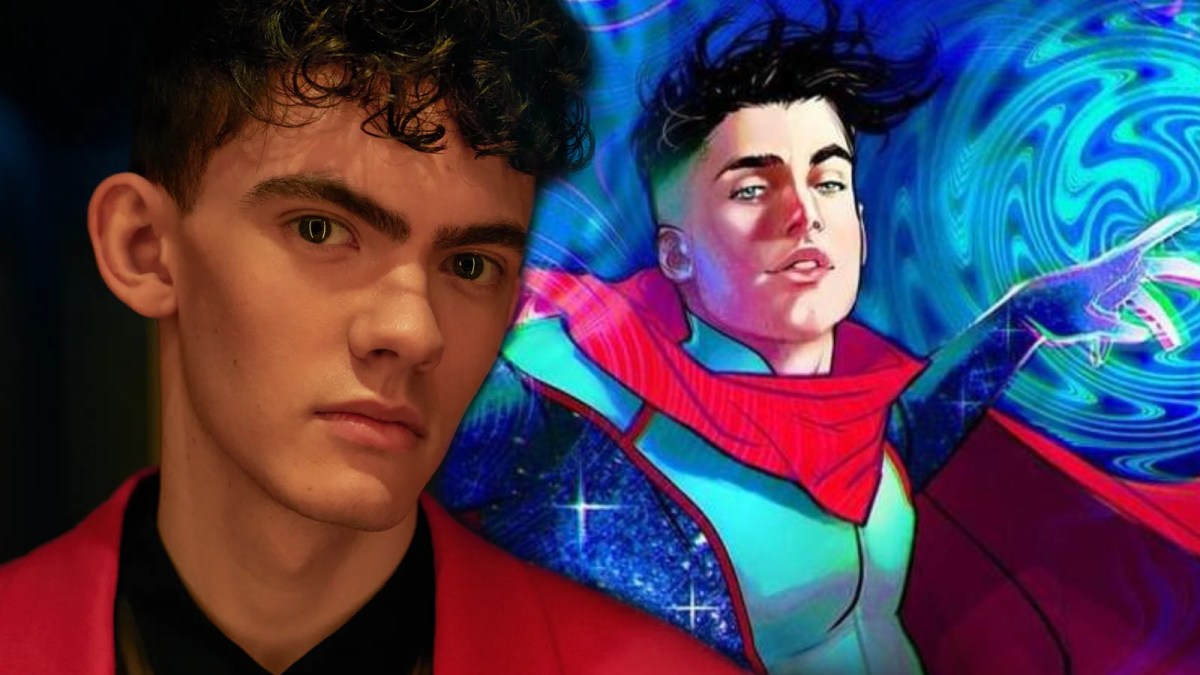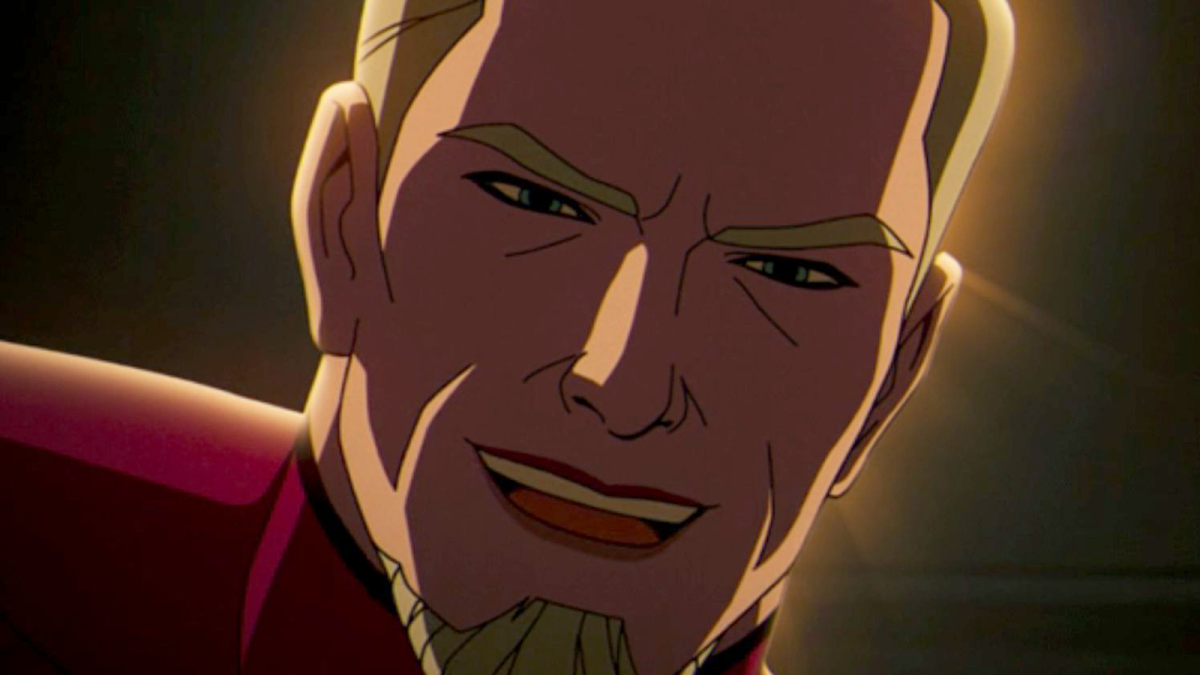The 1996 Doctor Who TV movie was supposed to relaunch the franchise, but a follow-up series never materialized. So, is the Doctor Who movie still considered part of the official canon?
Related: When Does Doctor Who Season 1/Series 14 Come Out?
The 1996 Doctor Who Movie’s Canonical Status, Explained
Broadly speaking, the Doctor Who movie is officially part of Whoniverse continuity. Showrunner Russell T Davies, who spearheaded the 2005 Doctor Who revival, implicitly confirmed this upfront by branding Series 1 headliner Christopher Eccleston “The Ninth Doctor.” In doing so, Davies made it clear that Eccleston wasn’t replacing the Doctor Who movie’s Eighth Doctor, played by Paul McGann. McGann’s likeness later appeared via archival stills and footage (as well as one all-new sketch) in subsequent Doctor Who series. The star then reprised the Eighth Doctor role for the 2013 mini-episode “The Night of the Doctor.” “The Night of the Doctor” filled in the biggest narrative gap between the 1996 movie and the 2005 revival – namely, what caused the Eighth Doctor’s regeneration.
Related: All Major Actors & Cast List for Doctor Who Season 1/Series 14
This wouldn’t be the last new Doctor Who footage McGann shot, either. He appeared alongside several other legacy Doctors in the 2022 special “The Power of the Doctor.” This further cemented the Doctor Who movie’s canonical status – although it’s still not quite as simple as “canon or not canon.” Many of the characters and plot developments from the made-for-TV flick haven’t carried over to the Doctor Who revival. This includes the Eighth Doctor’s companion, Grace Holloway, and the Doctor’s half-human status. The latter is at least obliquely referenced in Series 9’s finale “Hell Bent,” with the Twelfth Doctor remaining coy on his true heritage. So, yes, the movie is still in-continuity, but only to the extent that the Doctor Who creative team at the time wants it to be.
Are the 1960s Doctor Who Movies Canon Too?
This one’s a lot easier to answer: no, they aren’t. Both 1965’s Dr. Who and the Daleks and its 1966 sequel, Daleks’ Invasion Earth 2150 A.D., take place in their own separate universe. Amicus Productions bought the rights to produce Doctor Who movies from the BBC, and largely used the establishing IP as a jumping-off point.
Related: Doctor Who Season 1/Series 14: Who Does Jonathan Groff Play?
It’s pretty obvious, too. In the Amicus films, Dr. Who (not the Doctor) is an affable human inventor who shares little in common with his small screen counterpart. The same goes for Doctor Who‘s supporting cast of the time, as well as his iconic villains, the Daleks. They’ve all been tweaked (or even outright overhauled) in the 1960s Dr. Who movies. As such, they’re incompatible with the franchise’s wider continuity – even allowing for time travel-related hijinks!
Doctor Who Season 1/Series 14 premieres on Disney+ on May 10, 2024.





